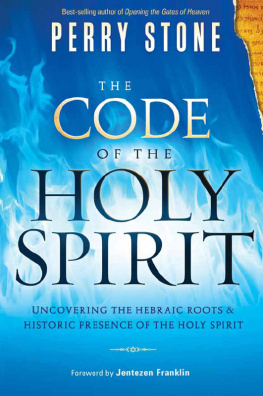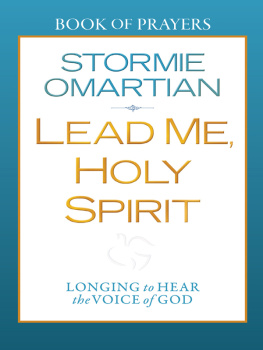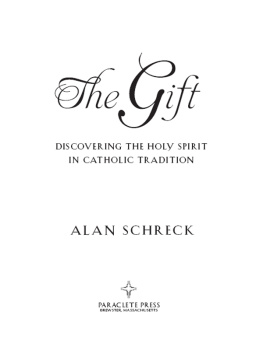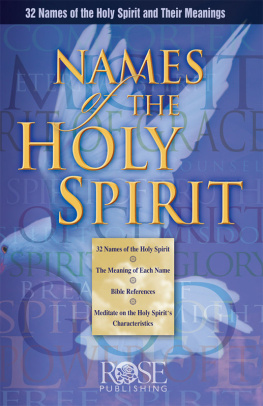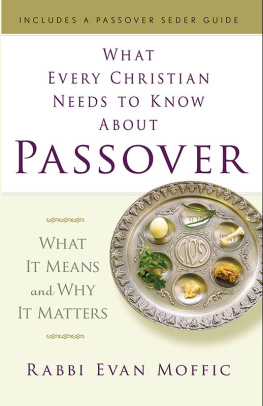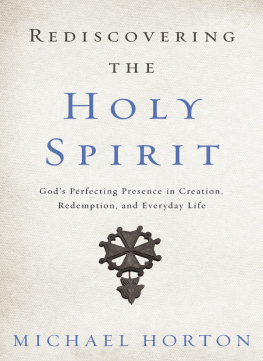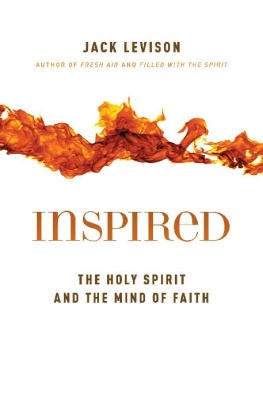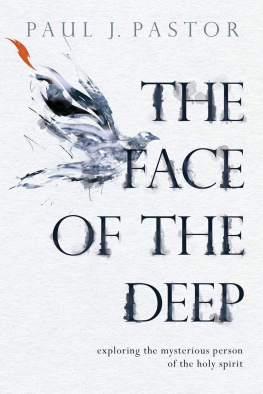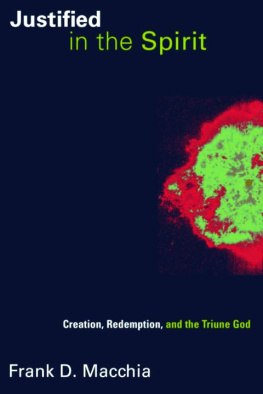Breath of Life

Breath
GOD AS SPIRIT IN JUDAISM
of Life
RABBI RACHEL TIMONER
a PARACLETE GUIDE

Breath of Life: God as Spirit in Judaism
2011 First Printing
Copyright 2011 by Rabbi Rachel Timoner
ISBN 978-1-55725-704-8
Unless otherwise designated, all Scripture references are the authors translations based on the JPS Hebrew-English Tanakh by the Jewish Publication Society, copyright 1999. Substantive and stylistic changes were made where necessary.
Scripture references designated NRSV are taken from the New Revised Standard Version Bible, copyright 1989 by the Division of Education of the National Council of Churches of Christ in the U.S.A., and are used by permission. All rights reserved.
Library of Congress Cataloging-in-Publication Data
Timoner, Rachel, 1970
Breath of life : God as spirit in Judaism / Rachel Timoner.
p. cm.
Includes bibliographical references.
ISBN 978-1-55725-704-8 (paper back)
1. God (Judaism) 2. Bible. O.T.Criticism, interpretation, etc. 3. Rabbinical
literatureHistory and criticism. I. Title.
BM610.T56 2011
296.311dc23
2011032027
10 9 8 7 6 5 4 3 2 1
All rights reserved. No portion of this book may be reproduced, stored in an electronic retrieval system, or transmitted in any form or by any meanselectronic, mechanical, photocopy, recording, or any otherexcept for brief quotations in printed reviews, without the prior permission of the publisher.
Published by Paraclete Press
Brewster, Massachusetts
www.paracletepress.com
Printed in the United States of America
To my three loves
Contents
Introduction
LETS GET TO KNOW EACH OTHER
I OFTEN FIND MYSELF IN THE STRANGE POSITION OF DEFENDING G OD . As a rabbi, I encounter many people who think of God as a quaint throwback to earlier times, a fantasy that sensible people gave up in the twentieth century. They are usually too polite to ask: Dont you know about the Big Bang and evolution? Do you really believe theres a big man up there in the clouds controlling our world?
In our era of science and technology, when humanity has mastered so much of our world and can explain many previously mysterious phenomena, belief in God seems antiquated to someor stubborn. Like the child with her hands clamped over her ears who does not want to hear that its bedtime, those of us who still talk about God are accused of shutting out the facts.
Some people I talk to do not trust organized religion for its contribution to war and human conflict, and for the times when religious institutions have placated suffering populations or promoted discrimination rather than changing unjust conditions. Some who are angry at religion think of belief in God not only as misleading but also as dangerous. I find that sometimes just using the word God carries the risk of losing my listeners, who will assume that Im a different kind of person than they are. They will hear in that one word the message that Im a Believer, capital B, someone who has stopped thinking because she knows she has all of the answers.
Whats strange about this position is that Im not very different from my wary listeners. I am fascinated by science, intrigued by the latest theories about our universe. If anything, I think too much, employ reason to a fault. I, like them, have more questions than answers. I too am critical of the role that religious institutions have played in perpetuating human suffering and war, but I also know that religion has given meaning to countless lives, including my own. There are hundreds of thousands of people working today to alleviate poverty and fight injustice because they were inspired by their religious traditions to do so. At its best, institutional religion demands that we reach for the very best we have within us, striving to create human societies grounded in justice and seeking peace.
I grew up in a home with little conversation about God but with constant conversation about politics. My parents sent me to prepare for bat mitzvah because thats what good Reform Jews did, but what they really wanted me to be was the junior senator from the state of Florida. I found no meaningful inquiry about God in my Miami synagogue of the 1980s. No one would expect that the quiet young woman who dropped out of synagogue life after becoming bat mitzvah, the Yale political science major, would be on this side of the God conversation.
I have no grand tale to offer here, no pivotal epiphany. Its just that I began to pay attention to the experience of being alive, started to ask questions about the purpose of my life, and felt drawn to dig beneath the surface for meaning. There was a camping trip in a Southwest canyon, walking out by myself on the path, a stark blue sky colliding with the jagged edges of red rock cliffs, enormous crunchy black beetles scuttling across the road, trees rustling all around, birds swooping, and the motion of river nearby but out of sight. A sudden feeling of joy, of floating, of utter belonging. Sky and cloud and cliff and grass and river, tree and wind and leaf and rock and birdall intimate cousins, belonging to each other and to me from before time and again now. I saw that we are all part of a greater oneness. I felt it; I knew it beyond questions, beyond thinking.
There was the time after my father had a stroke. The physical therapy room of the hospital. Amputees, quadriplegics, stroke victims. He, down on a mat, paralyzed, afraid, trembling, trying to move his left arm. Me, eleven, crushed, panicked, trying to help. And then the noise of the room went still; a softness came between us, in the lock of our eyes, a fearlessness. And he moved, reached out his paralyzed arm, and held my hand.
There is that moment weve all experienced: looking at a night full of stars and seeing ourselves from the perspective of the dark and sparkling cosmos, suddenly so small as to be forgotten, so insignificant as to be a miracle. We feel, we sense that there is something beyond us, running through us, pulling us, holding us. For me, this isnt belief. It is knowing. I use the word God as the shorthand for what I know is there. The presence that we all experience. What we sense, perceive, intuit, feel beyond the material world.
When this mystery became compelling to me, I knew I needed to find my way back into a synagogue. It took me until I was twenty-four years old to gather the courage to do so, and there I found old, familiar words and melodies pointing at these same experiences and questions, seeking after this same mystery. In the Jewish approach to the study of Torah, I found a legacy of open-ended, curious, creative inquiry into the meaning and purpose of our existence. Ten years later, I decided to become a rabbi. And here I am, writing about God, writing about spirit, writing about the Jewish tradition.
This book is part of a series by Paraclete Press about God as Spirit. While the other volumes address God as Spirit in Christian, Evangelical, and Orthodox thought, this book traces the idea of God as spirit through the Hebrew Bible from the perspective of Jewish tradition, with the hope of speaking meaningfully to both Christian and Jewish readers. Though our two heritages have a great deal in common, there are key differences in the way that we view God and read the Bible. Let us begin with some explanation about the Jewish way.
Next page

